London Vision Clinic is helping to reduce preventable and unnecessary blindness in Nepal
The World Health Organisation estimates that 39 million people around the world suffer from blindness. Of that population, over 50% of avoidable cases are caused by untreated cataracts, closely followed by uncorrected refractive error.1
In Nepal, only the privileged few can afford sight restoring cataract or corrective eye surgery. Even buying a pair of glasses is out of most people’s reach. That’s why we have been focusing our efforts on two key projects: the establishment of a Refractive Surgery Unit in Kathmandu and more recently, a clinic offering cataract surgery in the southern city of Birgunj along the Indian border.
To date, through the London Vision Clinic Foundation’s efforts since 2012, we have treated over 6,000 people.
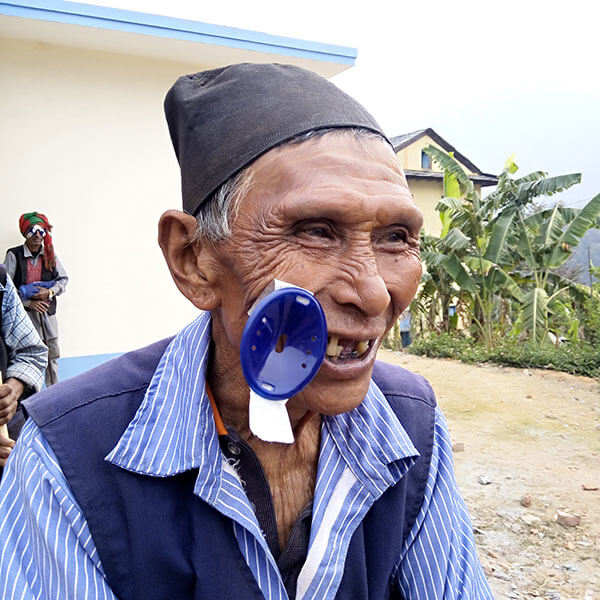
How did it all begin?
Uncorrected refractive errors remain as the main cause of low vision and the second biggest cause of blindness around the world2, so back in 2010, we decided to join forces with the Himalayan Cataract Project to help address this problem in Nepal.
Our first project was to establish Nepal’s first laser eye surgery centre. Our aim was to use the same world class standards we provide to our patients in London.
[priceless]
We trained Dr Kishore Pradhan for nine months here in London. “I wanted to learn every part of the process, as it is done at London Vision Clinic, from the ground to the top of the tree,” Dr Pradhan said of his time with us.
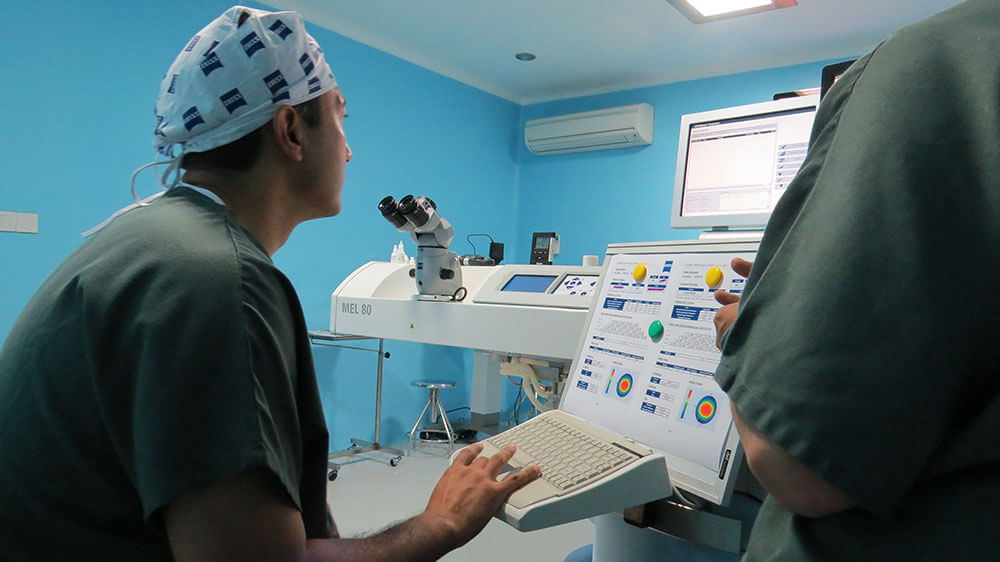
We ensured that the Refractive Surgery Unit (RSU) had the best possible technology to complement Dr Pradhan’s training. We equipped the clinic with Electronic Medical Records and trained all of the staff so that from day one they could provide a world class service with outstanding clinical results.
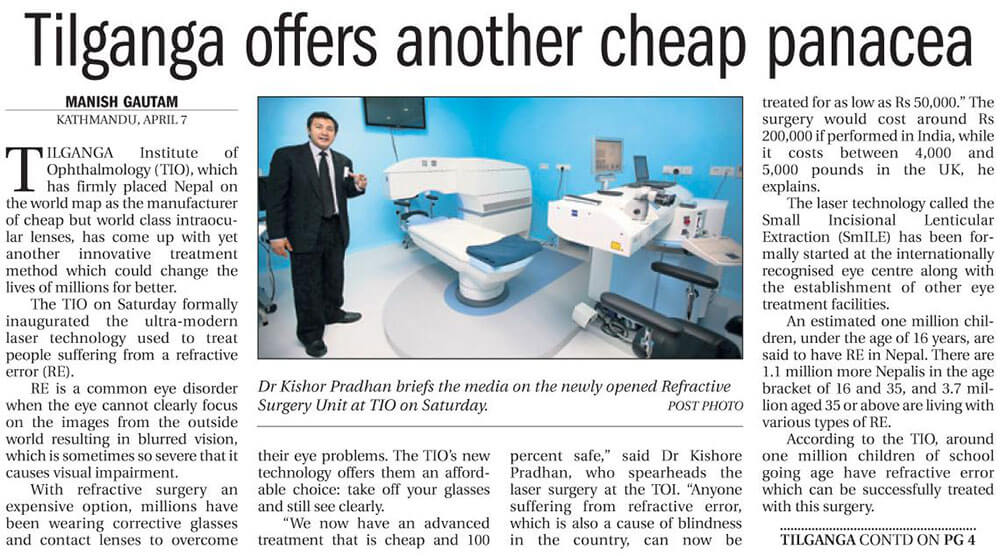
Alongside generating superb clinical outcomes, we wanted the RSU to run as a sustainable unit with all profits reinvested back into Tilganga so they could treat more patients. Since opening in January 2012, the RSU team has produced eight peer-reviewed scientific research papers and treated over 5,000 patients while setting the standard for refractive surgery in the developing world.
From Harley Street to the Himalayas
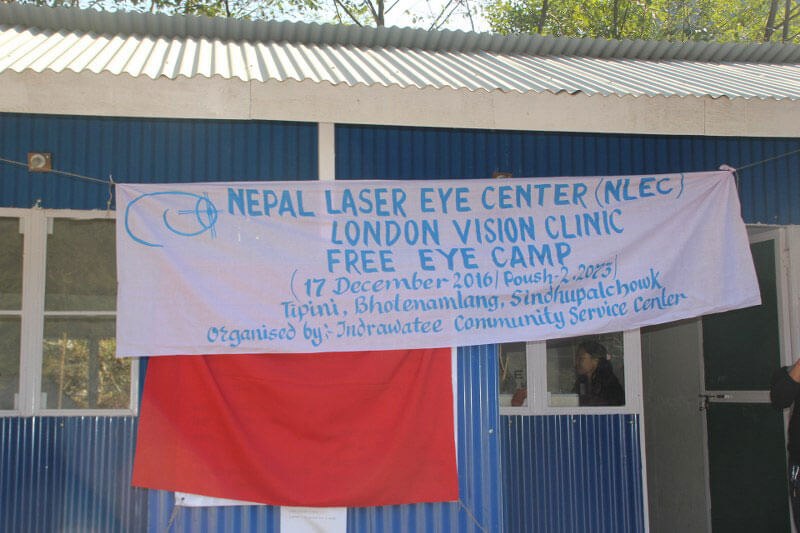
Alongside the RSU, for several years we’ve been funding “eye camps”, where teams of surgeons (organised by Tilganga Institute of Ophthalmology) visit communities across Nepal – and reach even the most remote areas of the country. In places where treatment would normally be completely out of reach, we have sponsored numerous eye camps, which have screened over 5,500 people and restored sight to over 600 patients.
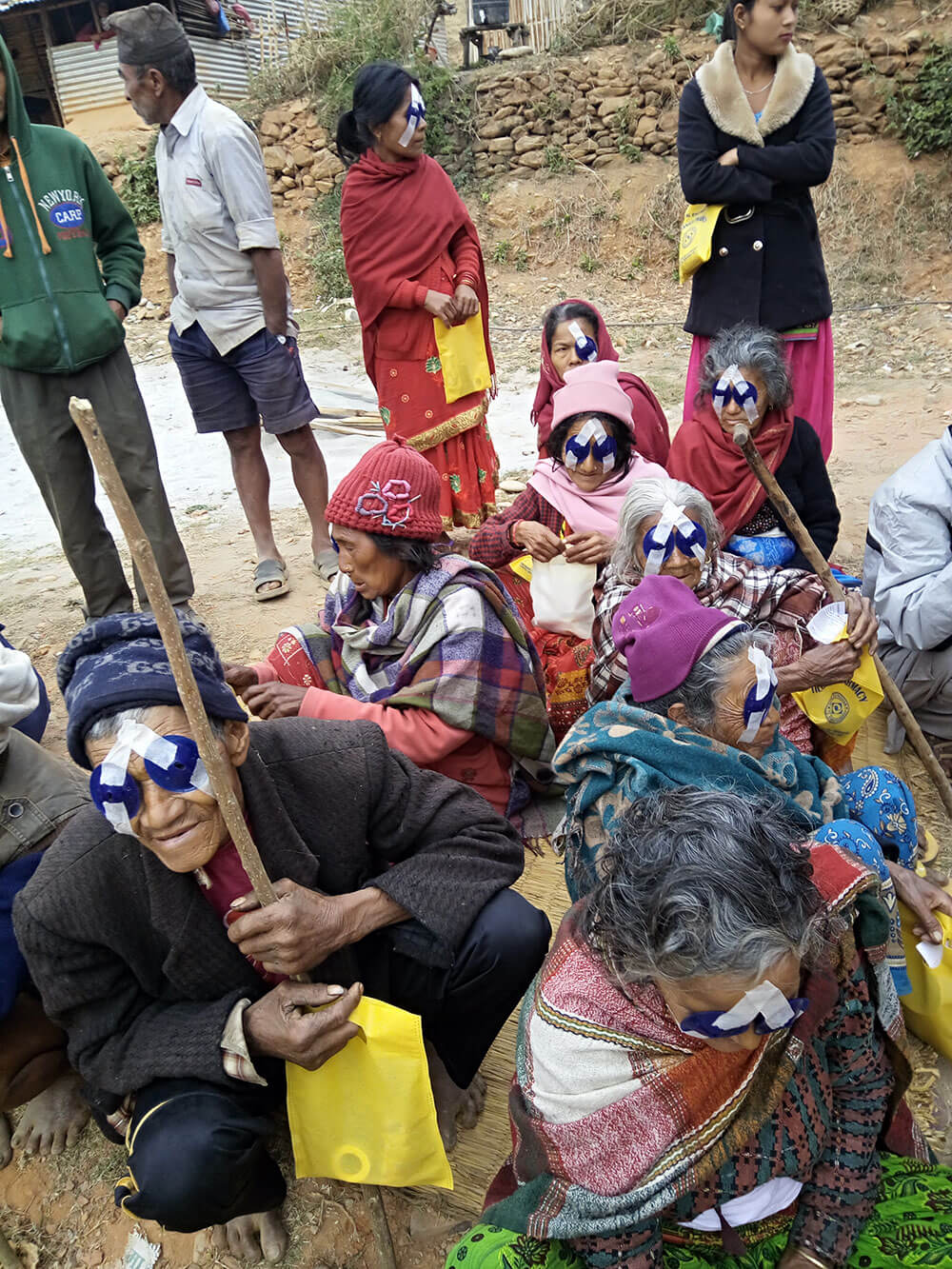
For many, this can mean seeing their loved ones for the first time in years. Dr Pradhan recalls his own first-hand experience: “We witnessed women seeing their grandchildren for the first time. Breastfeeding mothers who had never before seen what their babies looked like. Even husbands seeing their wives for the first time in years saying ‘Oh, you’ve become older!’”
What have we been working on recently?
After many years of working with Dr Pradhan, we were interested in partnering with him on another project. Cataracts are the main cause of avoidable blindness in Nepal, and there are more people suffering from operable cataracts in the Narayani region than anywhere else in Nepal.3
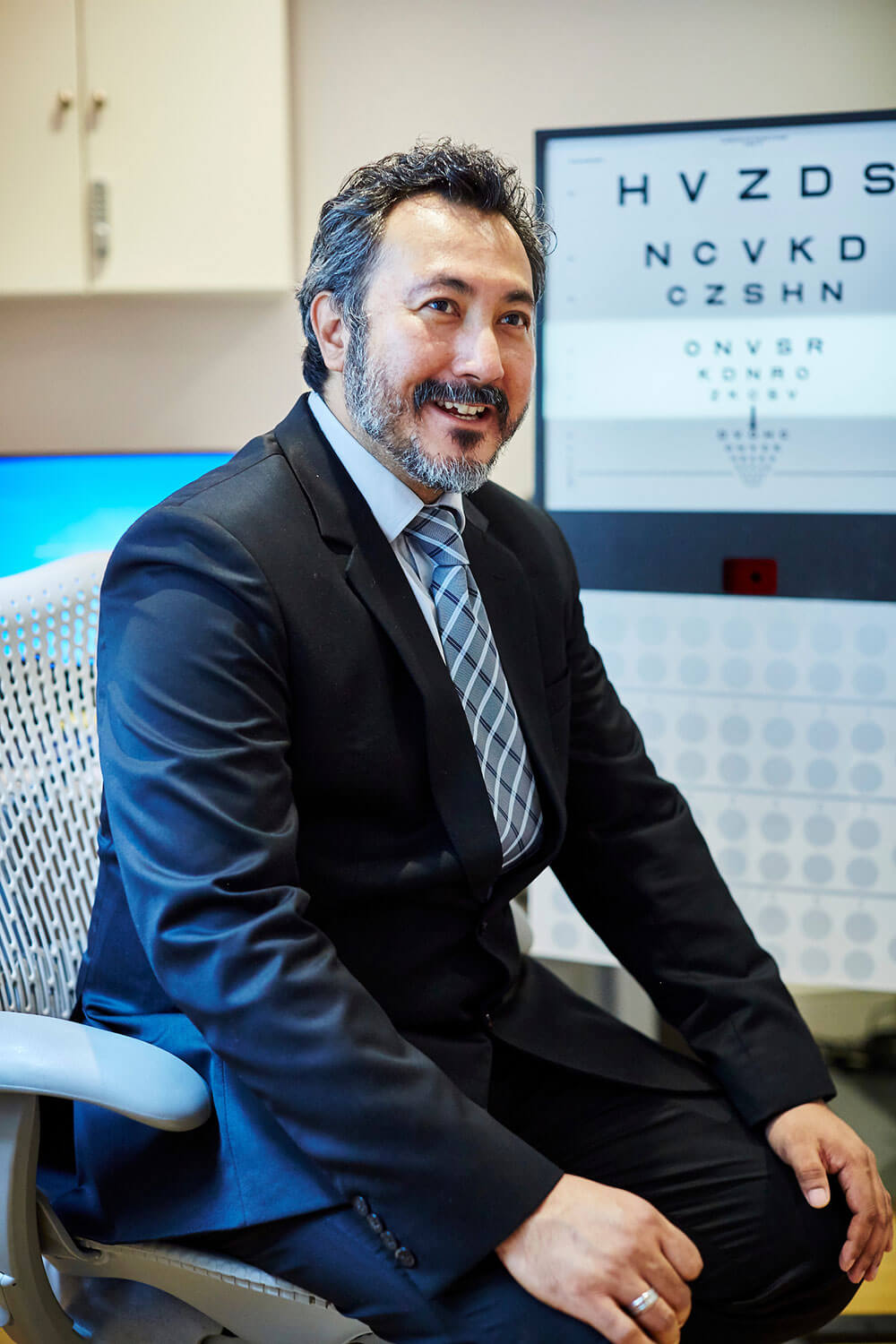
Interestingly, the life expectancy of a blind person is one-third less than that of someone with sight. In fact, most people die within 10 years of becoming blind.4
So recently, we partnered with Dr Pradhan’s charity, the Matrika Eye Foundation, to establish a cataract clinic in the busy trading hub of Birgunj, on the Indian border. Matrika provides cataract surgery to local people – whether they can afford it or not. Since opening the cataract clinic in November 2018, we have screened thousands of patients and completed more than 2,000 cataract surgeries.
London Vision Clinic Foundation raises money for this project through teaching. Twice a year we invite surgeons from around the world (surgeons from over 30 different countries have attended) to learn from Professor Dan Reinstein, Glenn Carp and the rest of our clinical team. The course runs for four days and a portion of the proceeds from the courses are sent to the Matrika Eye Foundation to continue our work in Birgunj. You can find out more on their website, here.
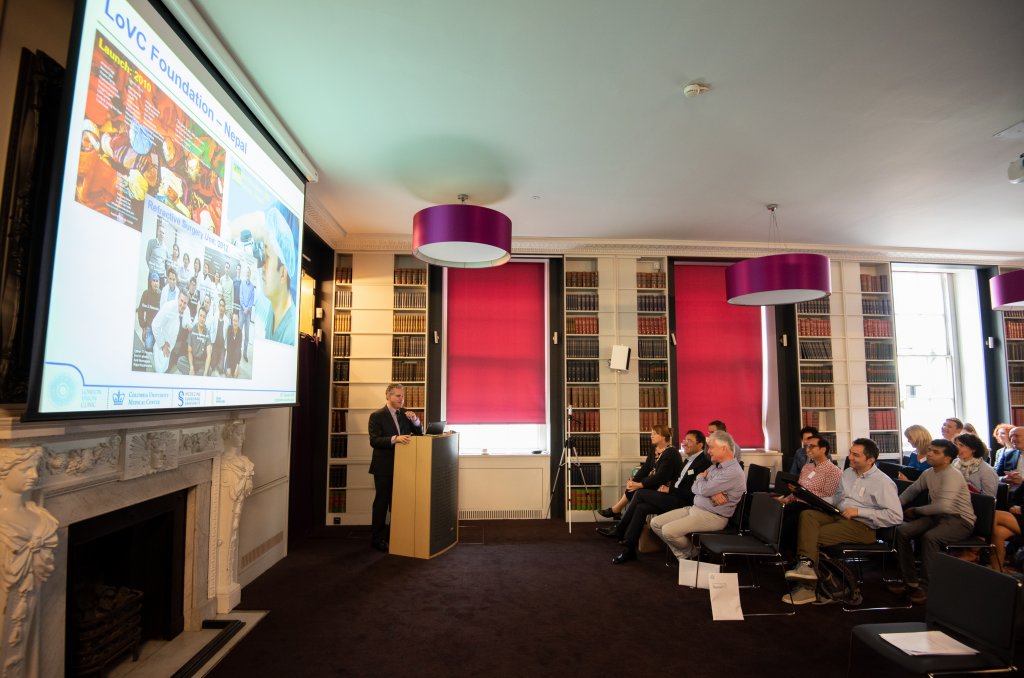
1 Source: World Health Organisation report on Visual Impairment and Blindness, 2010 2 Source: Global magnitude of visual impairment caused by uncorrected refractive errors in 2004, 2008 3 Source: International Agency for the Prevention of Blindness report on the Epidemiology of Blindness in Nepal, 2012 4 Source: Are we doing too many cataract operations? Cataract surgery: a global perspective, 2009


